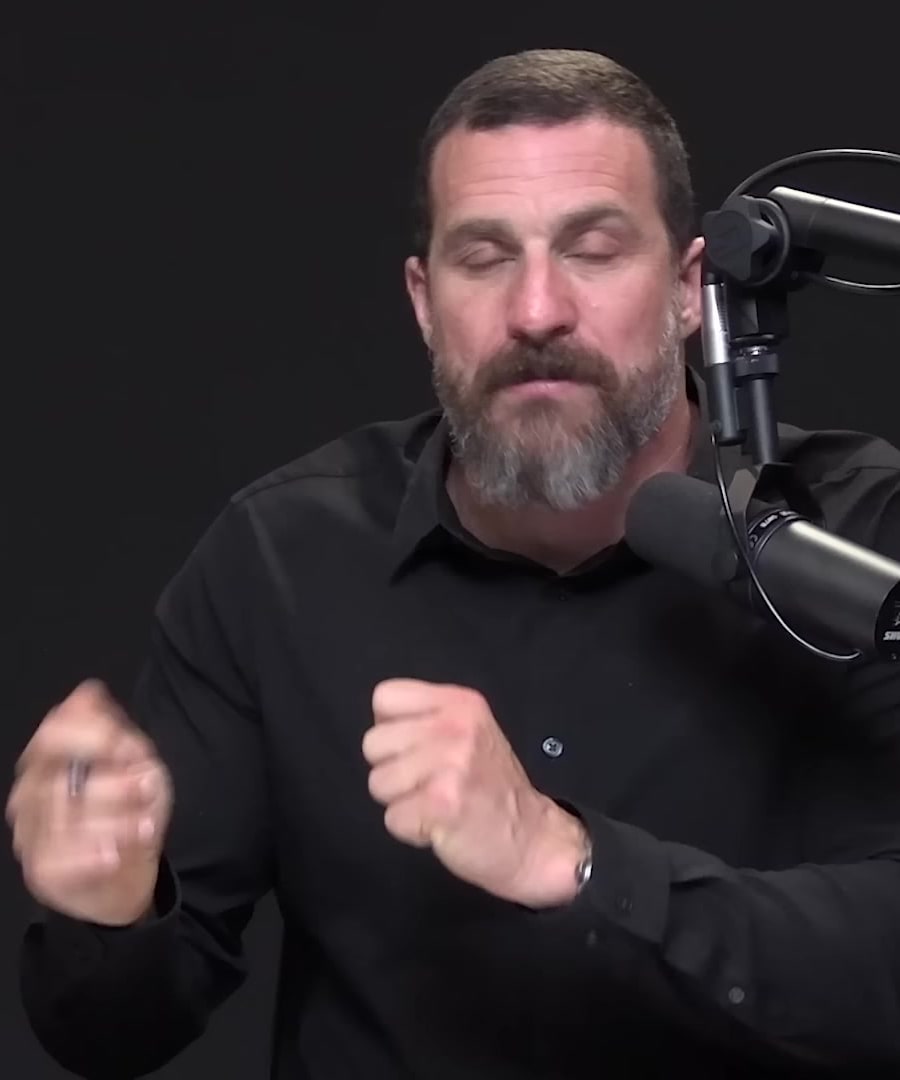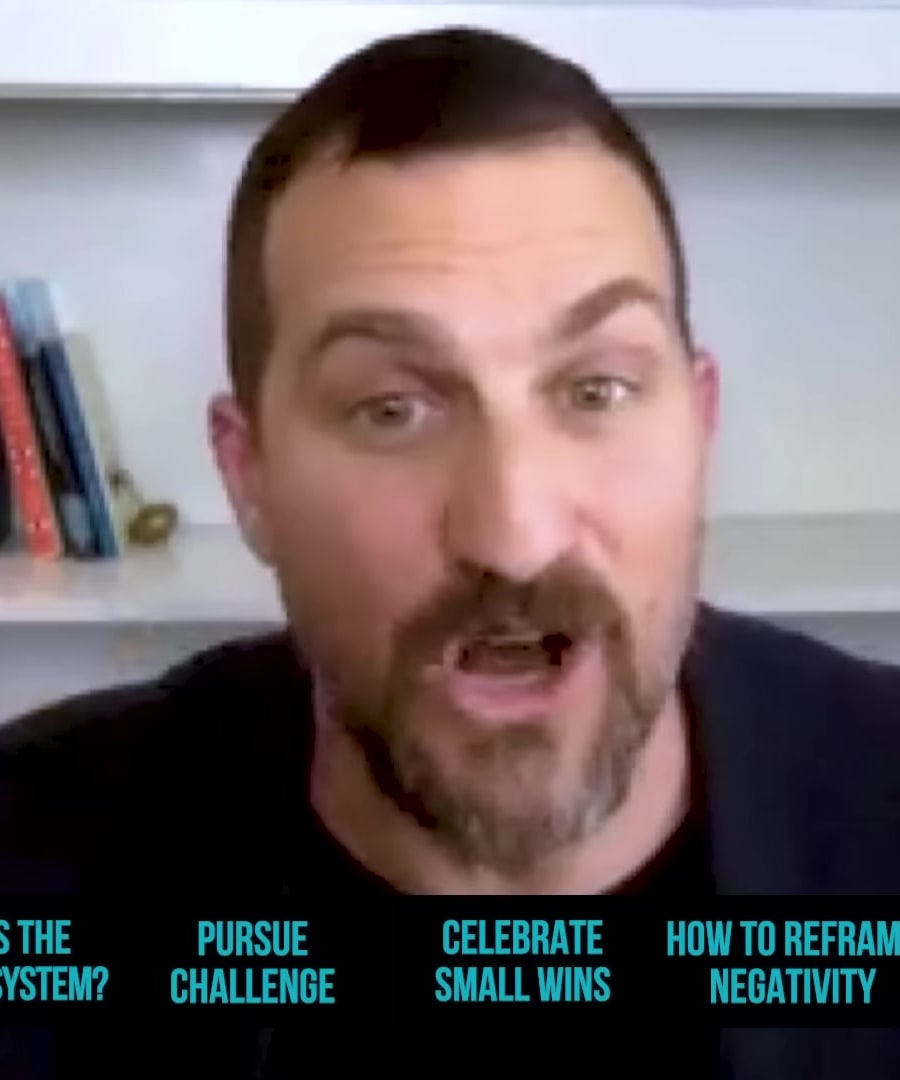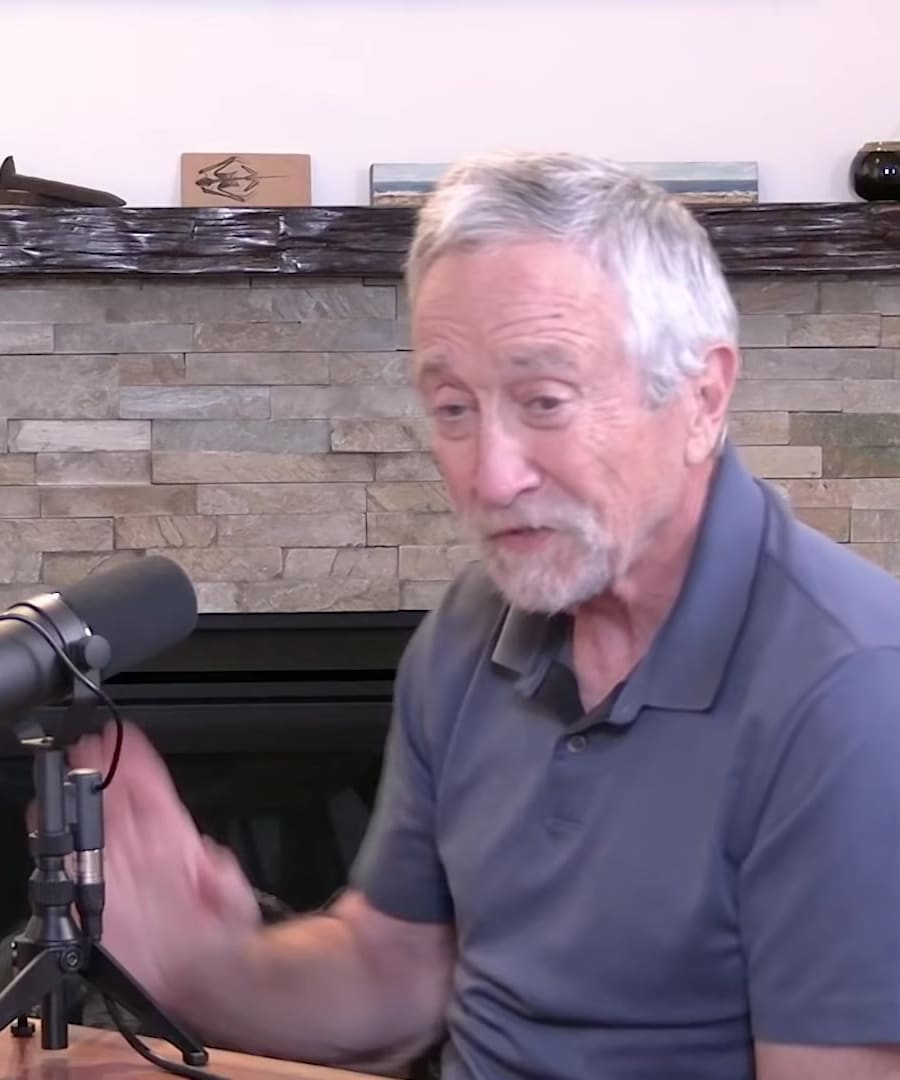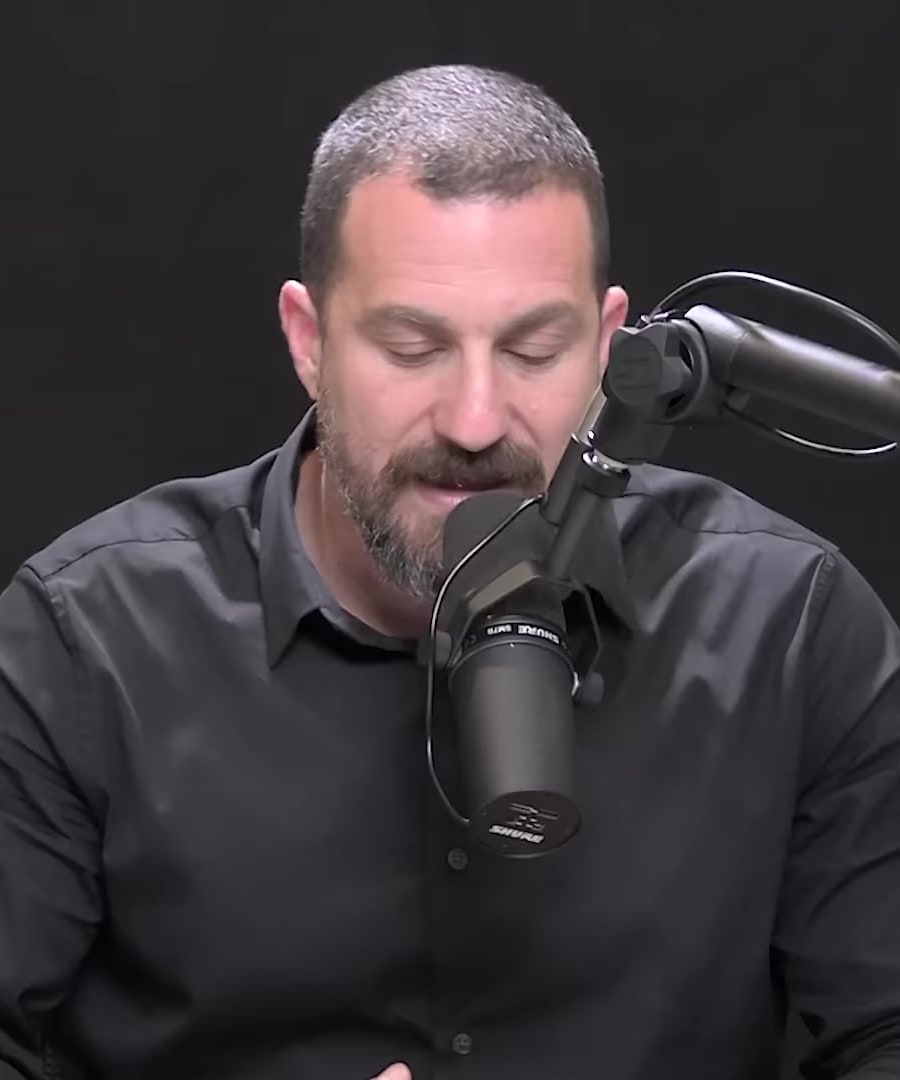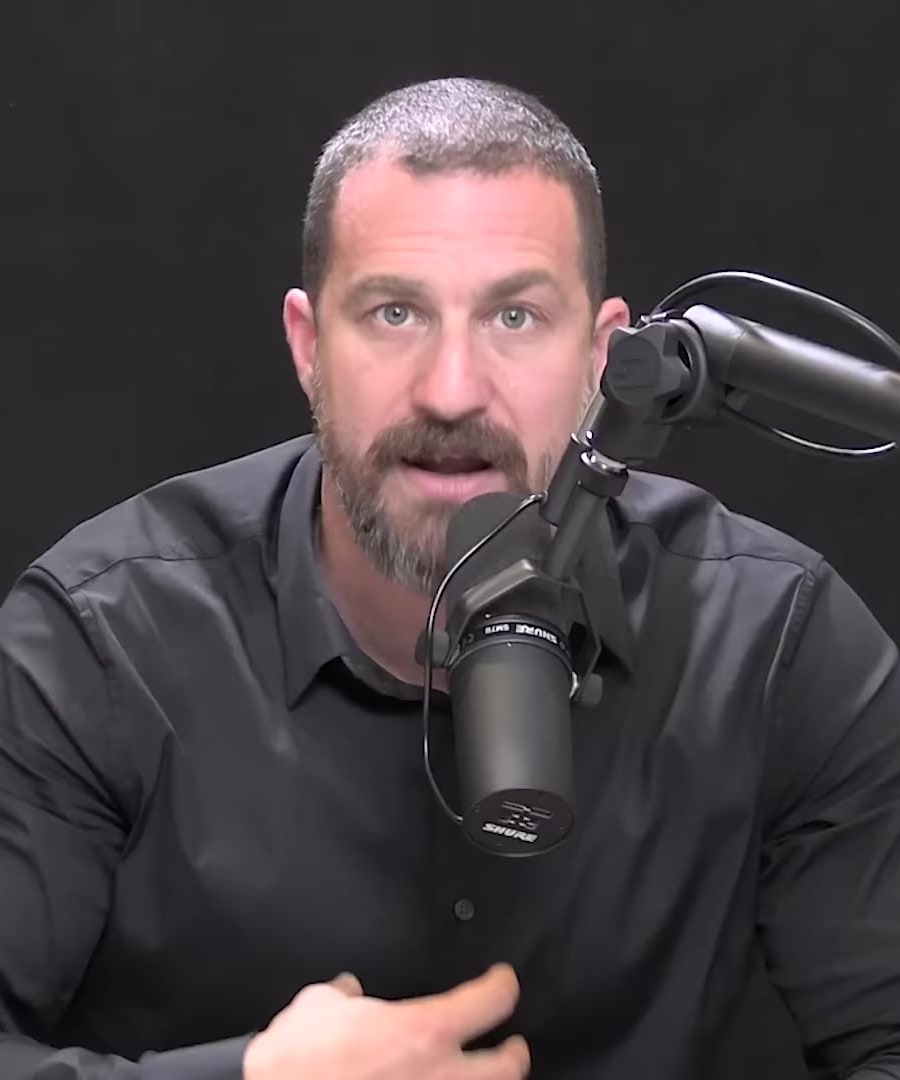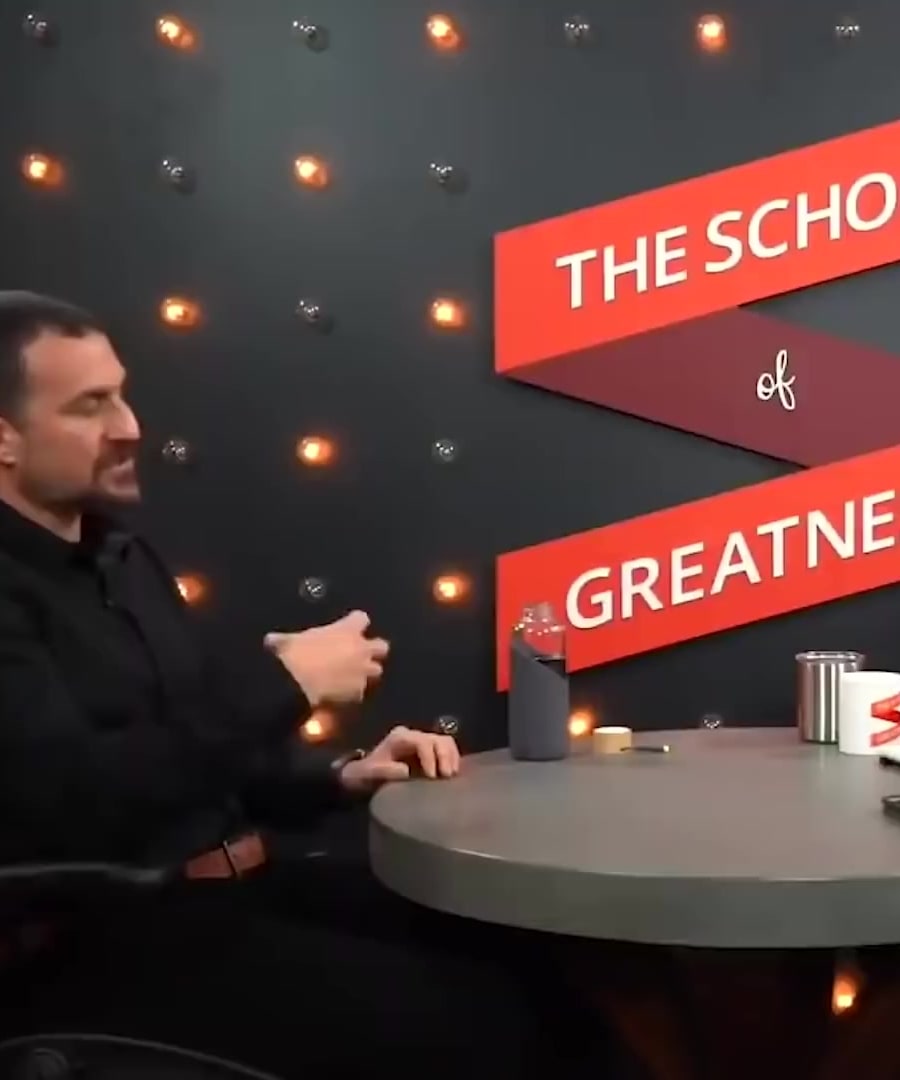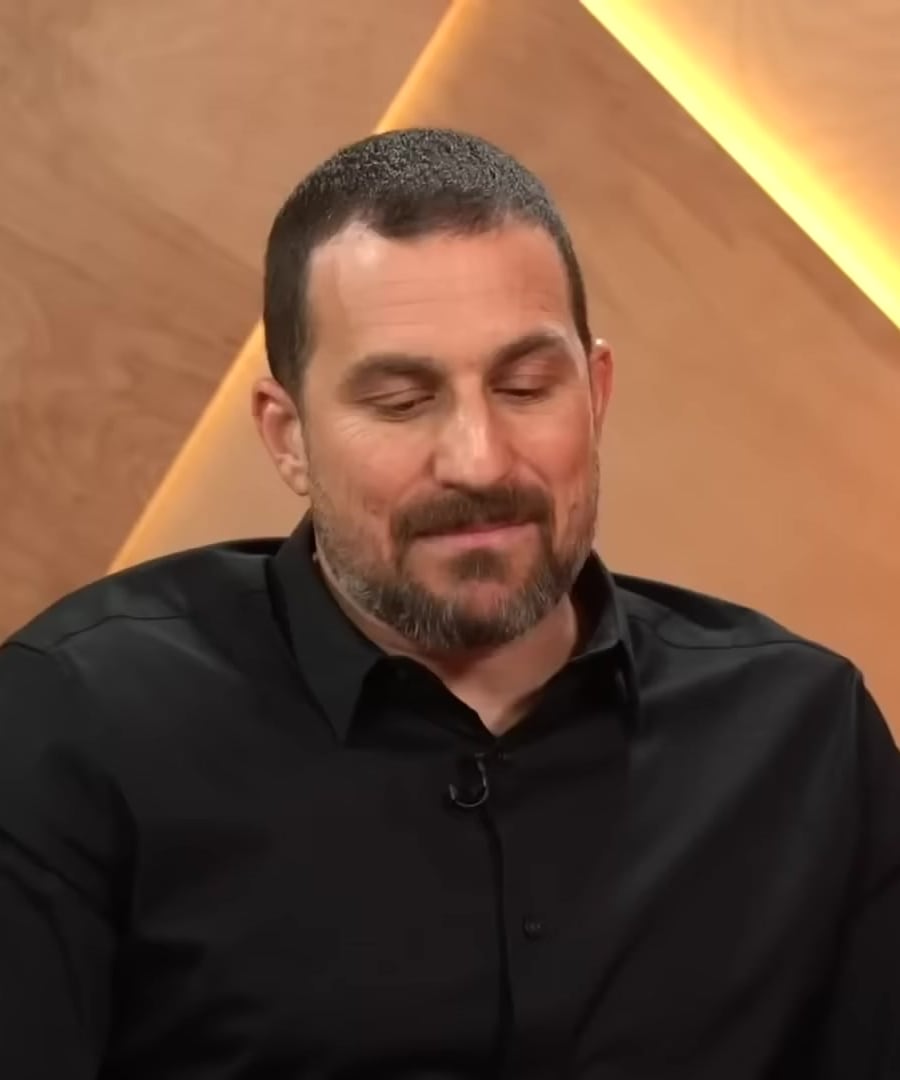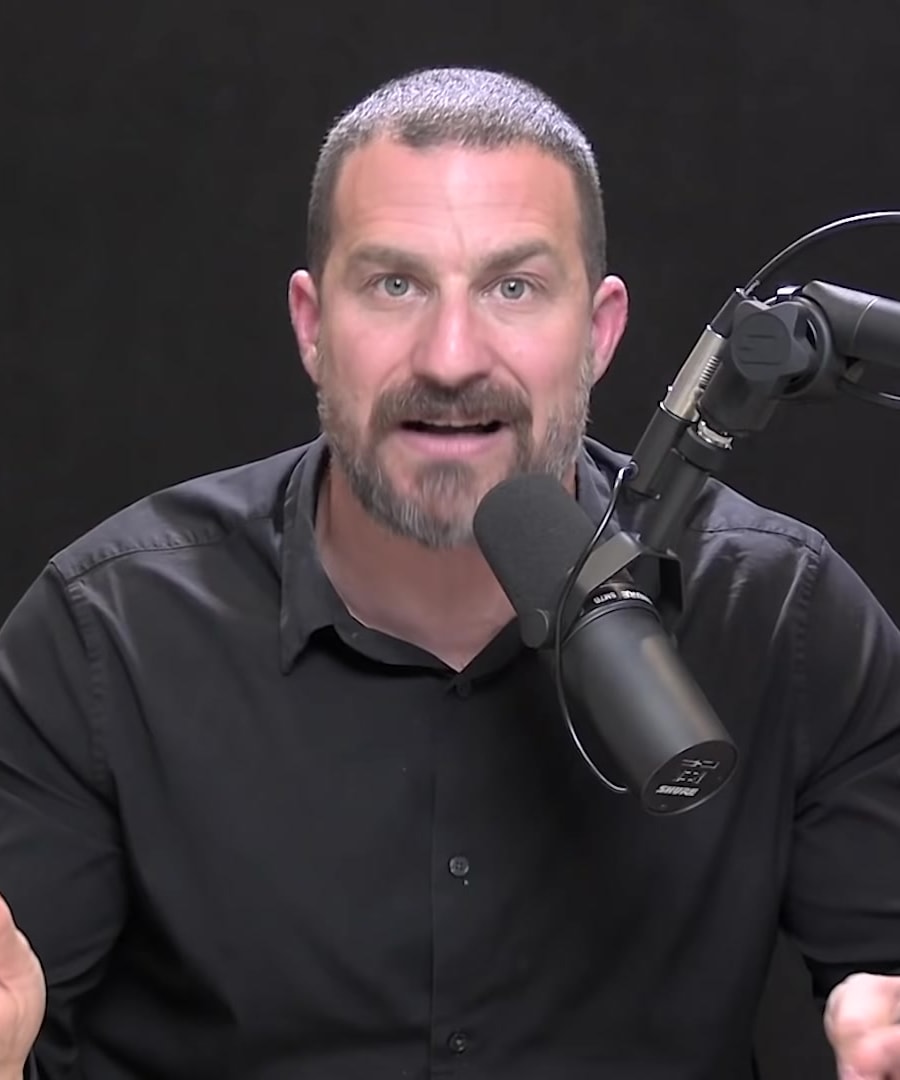breath impacts brain
Sources:
Controlled breathing has a profound impact on the brain and its functions according to . He explains that breathing serves as a critical interface between conscious and subconscious control, directly influencing brain states and excitability. Different breathing patterns can either enhance or depress neural activity, affecting how we process sensory information, manage stress, and even our emotional state 1.
Specific techniques, such as the double inhale followed by a long exhale, can activate the brain's calming reflex through parasympathetic pathways, providing a quick method to reduce anxiety and stress 2. Conversely, breathing exercises that emphasize inhalation over exhalation, like those used in tumo or Wim Hof techniques, can heighten alertness and prepare the brain for improved learning and performance by modulating neurochemical levels like acetylcholine and noradrenaline 2.
Controlled breathing also has therapeutic implications. For example, slow and deliberate breathing can help in anxiety management by normalizing CO2 levels, which are often disrupted in anxious individuals, as noted by breathing and brain function expert 3. This technique operates by breaking down overactive neural circuits that contribute to persistent mental states like depression or anxiety 4.
In summary, controlled breathing serves as a powerful tool to modulate brain states, enhance cognitive functions, and manage emotional health by influencing neural excitability and neurochemical balance 1 2.
RELATED QUESTIONSHuberman breath heart bran
Sources:
elaborates extensively on the interplay between breathing, the heart, and the brain. Here's a summary of his insights:
-
Relationship between Breathing and Heart Rate:
- Inhalation moves the diaphragm down, increasing the heart's size. This results in slower blood flow, signaling the brain to speed up the heart rate. Conversely, exhalation moves the diaphragm up, decreasing the heart's size and speeding up blood flow. This signals the brain to slow down the heart rate 1 2.
-
Breathing Patterns for Alertness or Calm:
-
Impact on Brain Function:
- Controlled breathing can help manage states of arousal and stress by first influencing heart rate, which in turn affects the brain's state. This mechanism forms a sequence: breathing → heart rate → mind 5.
-
Mechanisms of Oxygen and Carbon Dioxide Balance:
- Breathing regulates the balance of oxygen and carbon dioxide in the blood. Elevated CO2 levels trigger a reflex to breathe, ensuring tissues receive adequate oxygen while maintaining neural and cardiovascular health 6.
-
Heart Rate Variability and Exertion:
- Different breathing patterns during physical exertion influence heart rate variability, which is crucial for adapting to various levels of physical demand and maintaining energy levels 7.
and relevant episodes provide detailed insights on these mechanisms, helping understand how breath control can be a powerful tool to regulate one’s physiological and mental states efficiently.
RELATED QUESTIONS-
